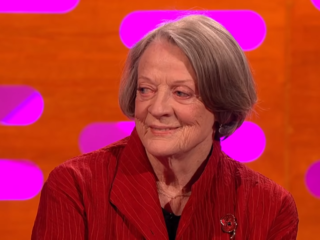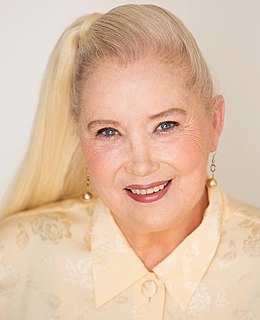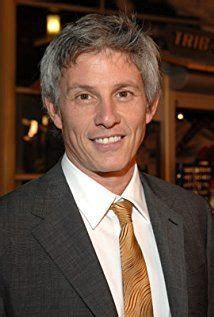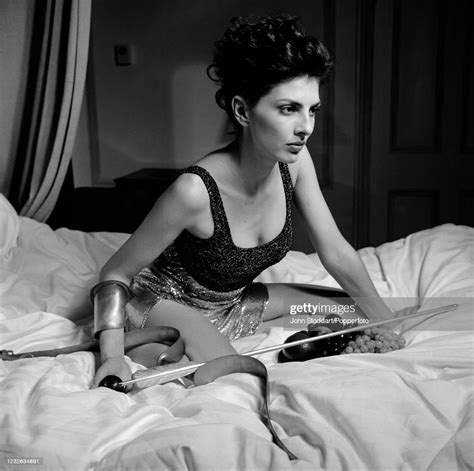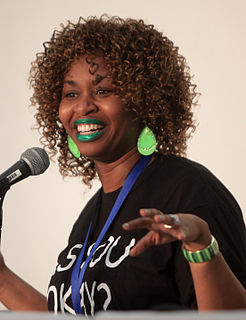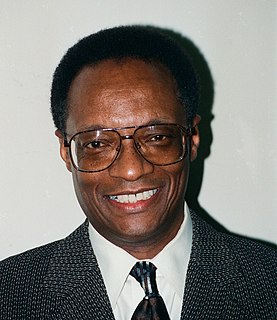A Quote by Maggie Smith
Alan Rickman was such a terrific actor, and that was such a terrific character that he played. And it was a joy to be with him. We used to laugh together because we ran out of reaction shots. They were always - when everything had been done and the children were finished, they would turn the camera around and we'd have to do various reaction shots of amazement or sadness and things. We used to say we'd got to about number 200-and-something and we'd run out of knowing what to do when the camera came around on us. But he was a joy.
Quote Topics
Related Quotes
He [Charlie Chaplin] was always playing as if it were to the camera, if you've seen the live shots of him when he's going to an opening night or something like that. And the skills that he had were beyond my ability to throw together. You just couldn't really compete with him. He was too athletic at that.
I don't want to carry big things around with me. I'm lazy. The snapshot camera, you just carry it around and take the picture. You don't need to think about anything. People in the street are not going to wait for you with a big camera. They would freak out. With a snapshot camera, they are comfortable.
In my own field, x-ray crystallography, we used to work out the structure of minerals by various dodges which we never bothered to write down, we just used them. Then Linus Pauling came along to the laboratory, saw what we were doing and wrote out what we now call Pauling's Rules. We had all been using Pauling's Rules for about three or four years before Pauling told us what the rules were.
Everything comes from one thing, everything comes from the Spirit. Jazz would not exist had it not been for gospel music, the blues would not exist had it not been for spiritual blues, which goes back to slave songs our fore fathers were singing while they were out in the field. So it's all one continuous growth from one group of people. Of course jazz now is played by various cultures and colors around the world. But the stimulus is One Voice.
The requests started coming in from other prisoners all over the United States. And then the word got around. So I always wanted to record that, you know, to record a show because of the reaction I got. It was far and above anything I had ever had in my life, the complete explosion of noise and reaction that they gave me with every song. So then I came back the next year and played the prison again, the New Year's Day show, came back again a third year and did the show.
The first day of the shoot, I had been in my trailer and came out dressed as Peter Parker in his slightly daggy corduroy jacket with his camera around his neck. Almost instantly, 500 or more people just stopped and started to watch us. They were calling out my name, calling out, 'Peter' or 'Spidey'.
When I worked with Chevy Chase, Michael Ritchie would say, "Just ad lib and try to break me up. Just insult me. Anything." When we were doing his close-up, or when my back was to the camera, I would come up with jokes or quips or anything, to get a real reaction out of him. He was smart enough to know that was gold. So it was great fun working with him and Michael, and getting to see how the two worked together. I think Fletch and Clark Griswold were Chevy's two best roles. He's so incredibly talented and still vastly underused.
I'm really specific in the way that I shoot. I've always had a very good sense of what I need in the editing room. I used to shoot in a way that drew more attention to the camera and I've tried, in each film, to draw less and less attention to the camera. I think when you pay attention to the shots, you're aware of the fact that there's a director.
Can we drop a little bit of the pious baloney? The fact is, you ran in '94 and lost. That's why you weren't serving in the Senate with Rick Santorum. The fact is, you had a very bad re-election rating, you dropped out of office, you had been out of state for something like 200 days preparing to run for president. You didn't have this interlude of citizenship while you thought about what you do. You were running for president while you were governor.
When I first asked to take pictures of women at their homes, I was using my formal camera and I struggled to get the shots because I was still very much in the role of the photographer. Then the next time I had this little digital camera and their response to me would be completely different - I was a friend and I got new kinds of pictures. I was always treading a line between photographer and friend.
If a book were written all in numbers, it would be true. It would be just. Nothing said in words ever came out quite even. Things in words got twisted and ran together, instead of staying straight and fitting together. But underneath the words, at the center, like the center of the Square, it all came out even. Everything could change, yet nothing would be lost. If you saw the numbers you could see that, the balance, the pattern. You saw the foundations of the world. And they were solid.
